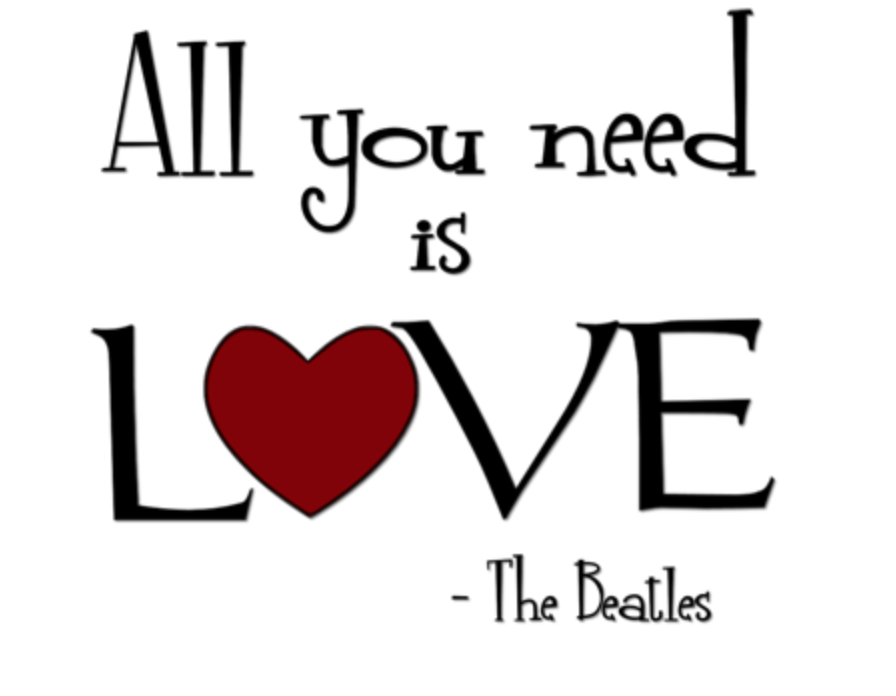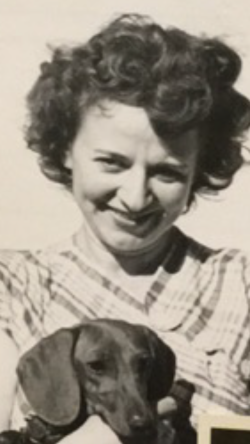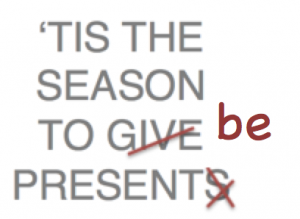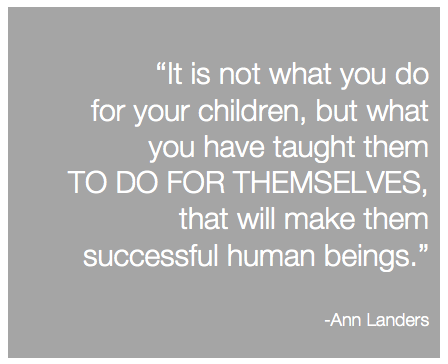What do we really want for our children? Most parents answer this by saying that ultimately we want our children to be happy. I wonder, are we really doing a good job at helping them find their happiness? What is standing in their way?
Several recent studies confirm what many of us already knew, that children today are experiencing alarmingly high rates of depression and anxiety. Nearly a quarter of children in the United States are showing signs of emotional distress, such as depression, anxiety, eating disorders, and substance abuse. Anxiety and depression are now the most common mental health diagnoses among college students. Even more alarming is that suicide rates among adolescents is on the rise and is now the third largest cause of death in the United States among youth ages 10-24.
It seems our children are finding it more and more difficult to navigate the challenges of growing up in our changing world. As schools, colleges and therapists examine how to help children thrive, What can we do as parents to help our children find happiness?
Where to Find Happiness
Mindfulness is all about awareness. Mindful awareness helps us better understand ourselves and better relate to others. As a parent, often the messages we think we are sending to our children are not the messages they are hearing. Perhaps we need to reexamine the messages that we are sending our children or become more aware of the messages they are getting. Our attempts to offer our children every opportunity to experience all that the world has to offer, more choices and more freedom, may have the unintended consequence of causing children increased stress and anxiety, a feeling of being overwhelmed. The message that our children may be getting is that there is a giant world out there, and somewhere out there lies their happiness, contentment and self worth, they just need go find it.
Is this the message we really want to send? It may sound reasonable enough, but I have to ask how many of us have gone out into the big world and found our happiness "out there" - in our jobs, in our accomplishments or in other people? Many studies have shown that the happiness we feel when achieving a particular goal is short lived. We quickly find ourselves having a new goal to achieve soon after the temporary satisfaction has worn off. We often get caught in the "if only" game, "if only I had . . ." or "if only he would . . ." or "I will be happy when . . . " Even studies of people who win the lottery show that lottery winners experience initial joy and then 6 months to a year later they have no fundamental change in their sense of well-being or overall happiness.
By striving to find happiness and success out in the world somewhere, we are teaching our children that their happines lies in their achievements and accomplishments, that their contentment can be found by getting somewhere else other than where they are now. If we are teaching our children that their happiness depends upon something outside of themselves and getting somewhere other than where they are, they will find that their happiness is always just outside their grasp. This is not the message that we want to send them and will only lead to a yearning to be somewhere else, and happiness will always be one step out of their reach.
Mindfulness teaches us to be exactly where we are (since it is the only place we will ever be) and to find contentment in this moment (since it the only moment we will ever have). We can learn to find joy exactly where we are, and in each step of our journey, with an open acceptance to whatever we find along our way - - no more waiting game, no more conditional happiness based on some outside circumstance. If our children can learn to be open and accepting of their experiences and of themselves, and learn to find some joy in each day along their journey, then they can find their happiness now. But, how do we teach our children this and what stands in our way?
A Challenging World to Be Present In
The world our children live in is vastly different than the world we grew up in and the messages they are getting are much different as well. With the click of a button, our children can access endless amounts of information and connect with anyone around the world. They can find answers to almost any question in a matter of seconds on their computer screens. They have virtually limitless opportunity to learn, to explore and to connect. They can reach out and be reached 24 hours a day, 7 days a week. As a result, they find it difficult and even uncomfortable to disconnect.
The world many of us grew up in was much different. It consisted of unstructured playtime, hours spent outdoors with friends before dinner, connecting only to the people we were actually with. If we missed a TV show, we were out of luck - - no DVR or On Demand viewing. If we got an assignment for school, we would have to look into our handy Encyclopedia Britannica to learn more, or make a trip to the library to search for information. We would have to actually WAIT to find answers, think creatively on how to find those answers, and get comfortable with not knowing. It was not that long ago, but it was a much different world than the one our children live in.
Clearly, this world of information and connectivity has tremendous benefits. It is also taking its toll on all of our lives, especially on the lives of our children who are growing up in this new digital age that is lightening fast and in the click of a button takes them away from where they are. Now, our children are "connecting" with people they are not actually with. Which leads me to ask, are they truly connecting at all? They measure themselves by how many likes or friends or followers they have. They can continuously view a steady stream of images to see what others are doing, instead of focusing on where they are and who they are with. This has created a new type of anxiety now commonly known as FOMO, the Fear of Missing Out. FOMO is the fear that others are having some rewarding or enriching experience that they are not having, causing them to feel compelled to constantly connect so that they will not miss out. Ironically, this fear leads to an obsession to staying connected which only leads to more apprehension and angst about all they are missing.
This new anxiety not only applies to what others are doing, it also can lead to the fear of not keeping up with the endless amount of information available online. With 24-hour-a-day access to information and communication, our productivity is limited only by the number of hours in the day. As a result, we all feel a tremendous sense of pressure to read more, learn more, do more, and connect more. There is simply never enough time in the day to do all that is possible to get done. We feel exhausted, rushed and overwhelmed. We mistake our desire or need to take a break or rest as laziness, or consider ourselves slackers when we are not consuming information. The continuous feed of information at our fingertips leaves us without the time or the ability to quiet our minds, to sit in the stillness and to ponder the mysteries and the possibilities of the unknown. It leaves us all with the constant buzzing of our devices and computers whispering to us to do more, learn more, be more. Our children are growing up in this world and feeling the anxiety that comes with it.
Albert Einstein once said, “Imagination is more important than knowledge. For knowledge is limited to all we now know and understand, while imagination embraces the entire world, and all there ever will be to know and understand.” But with the notion that more knowledge is available at all times on our computer screens or smartphones, we have little time or the inclination to be in the creative and innovative world of our own imagination. Our children don't know what it is like to ponder the possibilities that are limited only by their own imagination. They rarely experience how it feels to sit in a space of not knowing and to be OK with the discomfort and excitement of not having the answer. Instead, they learn to punch their keyboards and find someone else's answer which is much easier and faster to do. We need to help our children recognize the value of unplugging, the importance of silence, and the benefits of being present in the moment where they can experience their own imagination and creativity.
Helping Them Find Their Own Happiness
Instead of searching to find their happiness elsewhere, we need to encourage our children to look inward. In doing this, they can begin to realize that they can find happiness right now, and not when they get into a good college or get a good job or make a lot of money. Their passions are already there inside them, just waiting to be discovered, they just need to take the time to listen. We need to show them how to slow down and take time to get to know themselves, to connect inward so that they can find out what makes them happy. We need to help them feel more comfortable with themselves, to unplug in order to truly connect because the steady buzzing of the internet and the yearning for constant connectivity is actually drowning out their own inner voices and preventing them from hearing what is already there.
How can we do this? We not only can help them turn off their computers and devices for an hour or more each day, but we also need to help them slow down, find the value in being where they are, and take the opportunity to learn more about themselves and the world around them. They can find what makes them happy everyday, the simple pleasures of life which will always be there for them to enjoy in the days, weeks, and years of their lives. They can learn to spend a little time each day doing something they love like listening to music, reading a good book, taking a walk, opening the door for a stranger and become aware of how that makes them feel. We as parents need to value this time as time well spent. We can also help them by being quiet ourselves, by talking less and listening more, which helps us better understand them just as they are learning to better understand themselves. Finally, we need to understand that it is not the quantity of experiences or the number of things we give our children that will help them thrive, but is it simply being there for them and loving them unconditionally. That is enough.
This is no easy feat in a culture where people's worth is measured by how busy they are, or by how great their accomplishments are. It is a culture in which so many think they are not truly "alive" and productive unless they feel that addictive buzz of adrenaline brought on by stress. The best thing we can do for our children is buck the trend and recognize that this message of needing to be more, to do more and to have more is only leading to children who are increasingly stressed, anxious and depressed.
We need to be role models for our children and slow down ourselves, unplug and be more present with them and with our own inner world. What? Turn off my phone, you say? Impossible! I know it is difficult, but children know hypocrisy when they see it, and they know that when parents say one thing and do another, they don't really need to listen to what we say, and they will do what we do. Once we learn to slow down ourselves, we can help our children feel the benefit of discovering whatever it is that makes them happy, and the importance of adding a little bit of happiness to their day. More importantly, we allow them to be exactly who they are, as they are in this moment and show them they are enough, exactly as they are, and can find happiness in themselves right now.
By slowing down, we are giving our children the most important gift we can give them - - time. We can teach them that they don't need to be constantly moving to find themselves. It is much easier to find themselves by being still. In their quiet and stillness they can gain self-awareness and self-acceptance which will guide them toward their passions, spark creativity and help them find contentment and happiness in the simple pleasures of life. They will no longer value themselves through their successes and their failures, but can learn to use their experiences as a way of understanding themselves. They can discover the daily pleasures of life that will fulfill them and bring them a bit of happiness each day, and discover their own unique gifts they have to offer the world. Perhaps the best gift we can give our children is to show them the value of doing less, having less and in looking inward to find their greatest gift they can give to the world, their true, authentic selves. In doing this, we can help our children thrive.



















